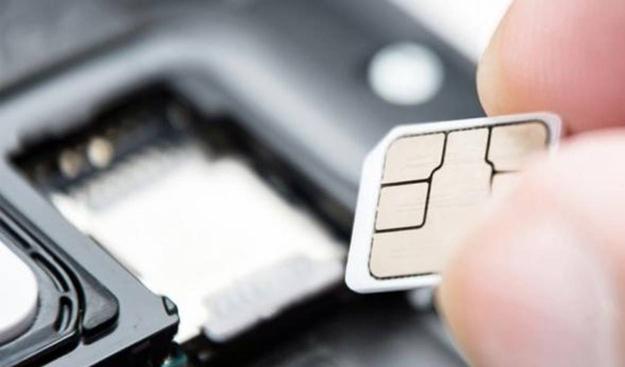Chip spoofing: all about SIM swapping and how we can deal with this new form of computer fraud
In recent weeks, dozens of people have reported having had money stolen from their bank accounts after suddenly and inexplicably losing their cell phone signal. In this regard, the Supervisory Body for Private Investment in Telecommunications ( Osiptel ) warned of the new modality called SIM swapping, or impersonation of the mobile SIM card.
WHAT IS SIM SWAP?
According to Osiptel, the SIM swapping or impersonation of the mobile SIM card, is a criminal modality that has gained strength in several countries around the world and has already registered cases in Peru.
In this modality, criminals collect personal information from victims (through phishing, fraudulent apps, false WI-FI signals, among others) such as their telephone number, and take over the mobile line by notifying the operating company of a alleged loss or theft of the equipment , to then request the replacement of the service in another mobile chip.
With the duplicate in their hands, criminals take full advantage of the information that can be linked to the cell phone number , such as email or membership accounts, data in the cloud, as well as the victim's bank accounts, to make transfers, request credits, acquire products or services, among others.
While this is happening, the real holders of the telephone line experience the loss of the signal and of the mobile service. Then, when they consult their operating company, they discover that the service is activated on a chip that is in the possession of a third party.
WHAT DOES THE PNP SAY ABOUT THIS NEW MODE OF FRAUD?

In statements to Latina, PNP Colonel Eric Angeles, head of the High Technology Crimes Investigation Division, specified that workers from the different telephone operators nationwide would be accomplices of the cybercriminals who make SIM swapping .
"It has been established that personnel who work in the different telephone operators have provided their access codes to the accounts or have allowed this type of management or procedure to grant the chips improperly ," he specified.
According to the aforementioned media, the crime of computer fraud represents 80% of complaints registered in police stations in the country. A day there can be 50 cases of victims whose cell phones were blocked. The amount of what was stolen by bank transfers to unknown accounts could exceed 100 thousand soles per day.
WHAT TO DO BEFORE A SCAM OF THIS KIND?
If you are a victim of the SIM swapping , that is, you suddenly lose your mobile service, Osiptel recommends the following:
For more information and guidance, you can contact the telephone channel 1844 Fono Ayuda free of charge, as well as write to the email: users@osiptel.gob.pe.
HOW TO PROTECT MY PERSONAL INFORMATION?
In order to avoid being a victim of the SIM swapping or any other form of computer fraud, it is important to remember never to provide personal data by SMS, email or phone calls to strangers.
Entities that ask for personal passwords or other information that may be considered confidential should be distrusted.
Likewise, Osiptel recommends users not to buy chips from itinerant vendors on the street, as they could use their personal data and user fingerprint to be scammed or become victims of bank fraud.
CHECK HOW MANY REGISTERED LINES YOU HAVE IN YOUR NAME
Osiptel also urges users to periodically verify how many lines are registered in their name.
WHAT TO DO IF YOU FIND A LINE THAT YOU DID NOT ACQUIRE IN YOUR NAME?
In case you become aware of prepaid mobile services registered in your name and that you do not acknowledge having contracted, you have the right to initiate a procedure of Questioning Ownership .
In the event that you are being charged with the billing or collection of a postpaid mobile service or control that you do not acknowledge having contracted, you have the right to file a claim with the operating company, under the concept of Unsolicited Contracting .
According to the criteria of
